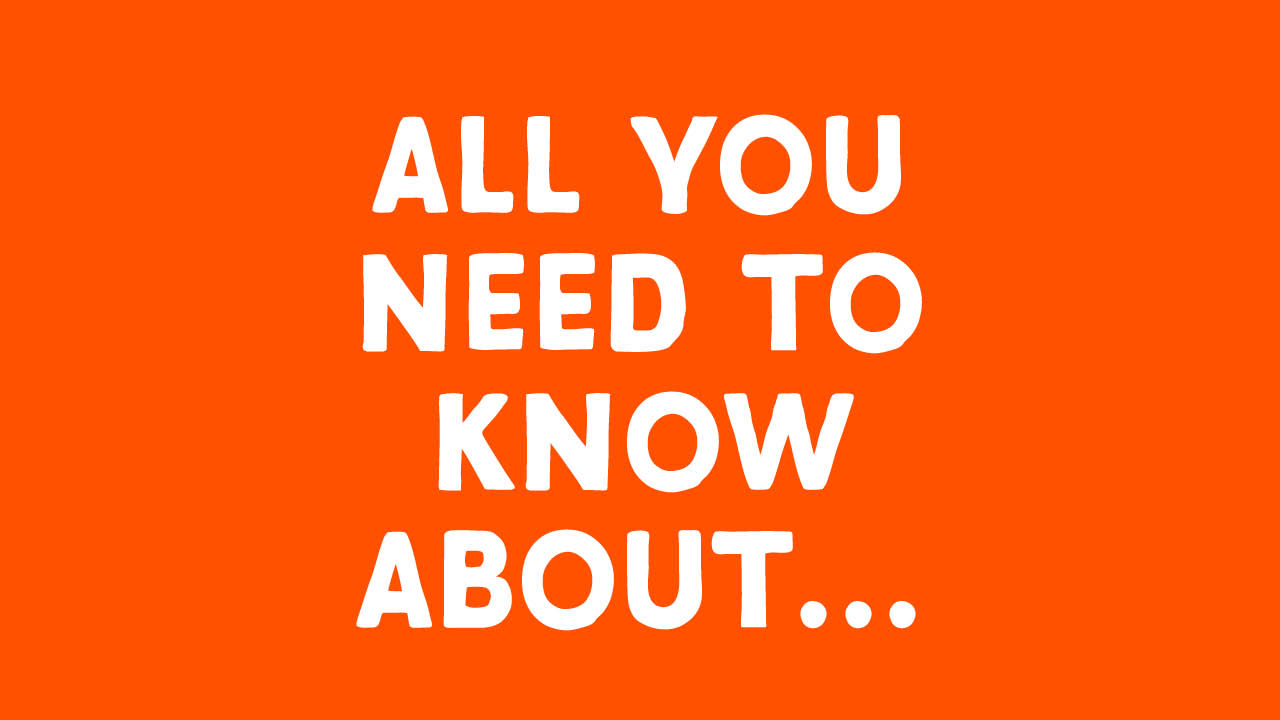The eating of poop, also called Coprophagia or coprophagy, is a normal behaviour seen in the young of most species. Dogs are no different, and the eating of poop isn’t uncommon nor abnormal for pups. Dog owners however are often less enthusiastic about this behaviour, and although most pups grow out of it, it can become a serious issue for dog owners when the behaviour continues into adulthood. In this article we will look at why pups eat poop, and what can be done to discourage and prevent it.
Why do puppies eat poop?
There are many reasons why your pup might be eating stool, and depending on that reason a plan of action can be made to discourage or resolve the behaviour. The eating of stool can have medical or behavioural reasons, or a combination of both. Let’s have a closer look at what reasons pups might have for eating poop.
Physiological
Poor digestion, deficiencies, or insufficient nutrition
One of the reasons your pup might be eating poop is because of poor digestion. When food isn’t properly digested, it may still have parts that smell, look, and taste like their normal food which makes it inviting to eat. Another reason for coprophagy is when pups lack nutrition or have deficiencies. As puppies are growing they have higher nutritional needs than adult dogs and they should be fed accordingly. Not feeding an appropriate diet for their needs, or feeding insufficient amounts, can lead to deficiencies or a lack of calories, which may result in stool eating behaviour. Intestinal parasites can also leech nutrients away leading to deficiencies.
Disease
Certain diseases may result in your pup eating stool. Illnesses like diabetes can increase overall appetite, and when nothing else is available may result in pups eating their stool. Diseases can also lead to malabsorption or maldigestion which will result in deficiencies or insufficient calories that can trigger the behaviour.

Behavioural
Curiosity – and sometimes it’s just tasty.
Pups are extremely curious, and as they don’t have hands to explore the world, they use their mouth instead. Pups generally already have the tendency to put everything in their mouth, and poop is full of smell which makes it interesting to explore. In some cases, they also just find it tasty, and this especially the case with poop of other animals like cat poop which is often considered a delicacy.
Copying the behaviour of their mother
When puppies are just born, they need their mothers tongue stimulation on their belly to be able to urinate and defecate. The mother dog will eat the stool of her pups to keep the nest clean, and protect her pups from disease, parasites, and prevent smell that might attract predators. When the pups grow a bit older, they may start copying the behaviour of the mother by eating their own stool, or that of their siblings.
When stressed and/or bored or to avoid punishment.
Pups that are insufficiently exercised, mentally stimulated, and/or given opportunity to entertain themselves can resort to all types of behaviours which we would perceive as unwanted. Examples of this are destroying furniture, and in some cases eating stool. A pup that is confined to a small area without anything to occupy themselves with, will find a way to entertain itself, which may include playing with and eating their stool. The eating of poop is also seen in house trained pups who want to avoid punishment after having an accident inside.This is one of the reasons why a dog should never be scolded or punished when urinating or defecating inside.
Attention
Positive or negative attention, for some pups attention is attention. Some pups will learn that eating poop will get a reaction and they will get attention when they eat their own stool.
How to prevent your pup from eating poop?
Foremost, take preventive measurements so your pup doesn’t have access to poop. Remove stool they have access to without making a fuss about it. When taking your pup to the toilet, use a lead when possible so you can remove them gently after pooping without them getting the chance to eat it. If they are focused on the poop, try to distract them with a toy or treats, which can be scattered on the floor to keep them busy while you clean up after them. At home you can clean it when your pup is preoccupied with something else, or in a different room. By distracting them and not going for a cleanup straight away, you prevent it from becoming a “who gets it first” match, which will only spark more interest for your pup. .
Feed your pup a complete, high quality, and species appropriate diet in the correct amounts. Additionally provide them with lots of attention, appropriate exercise, mental enrichment,and suitable toys to play with. Potty training should be done in a force free and positive way. When your pup has an accident, ignore it and clean it without a fuss and preferably without your pup seeing it. Try to keep stress to a minimum. Dogs love routine so make their day predictable.
Conclusion
While there are many different reasons why pups eat stool, most of them grow out of it with some simple and gentle guidance from their humans. In some cases it becomes a persistent issue at which it’s advised to consult with a veterinarian and/or behaviourist.
If you would like to know more about our puppy sitting services. Please feel free to contact us. We will be happy to help

